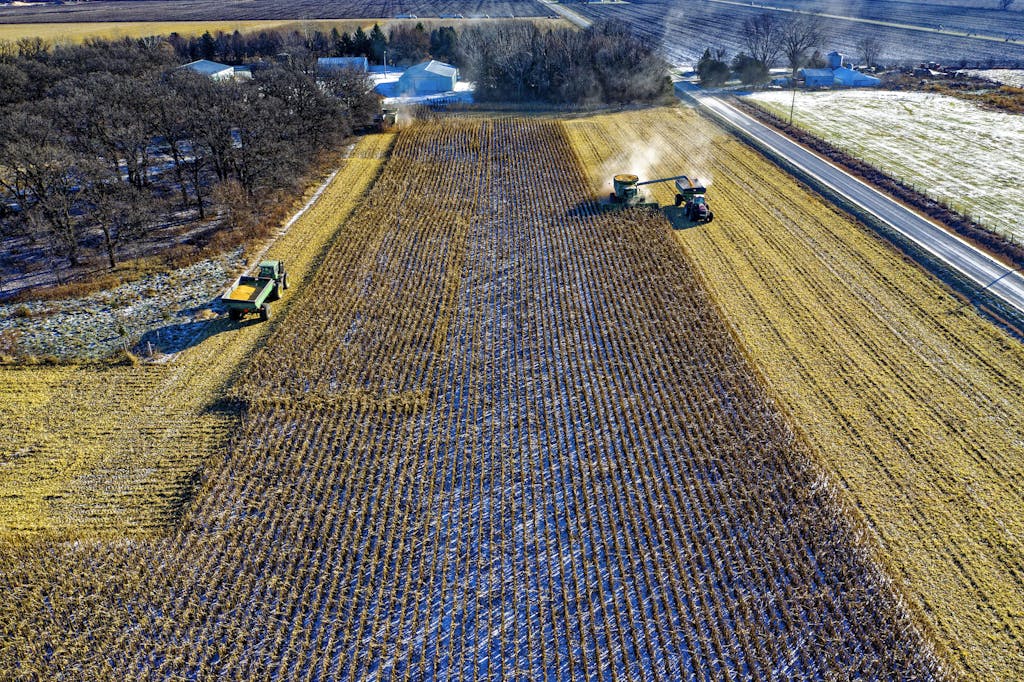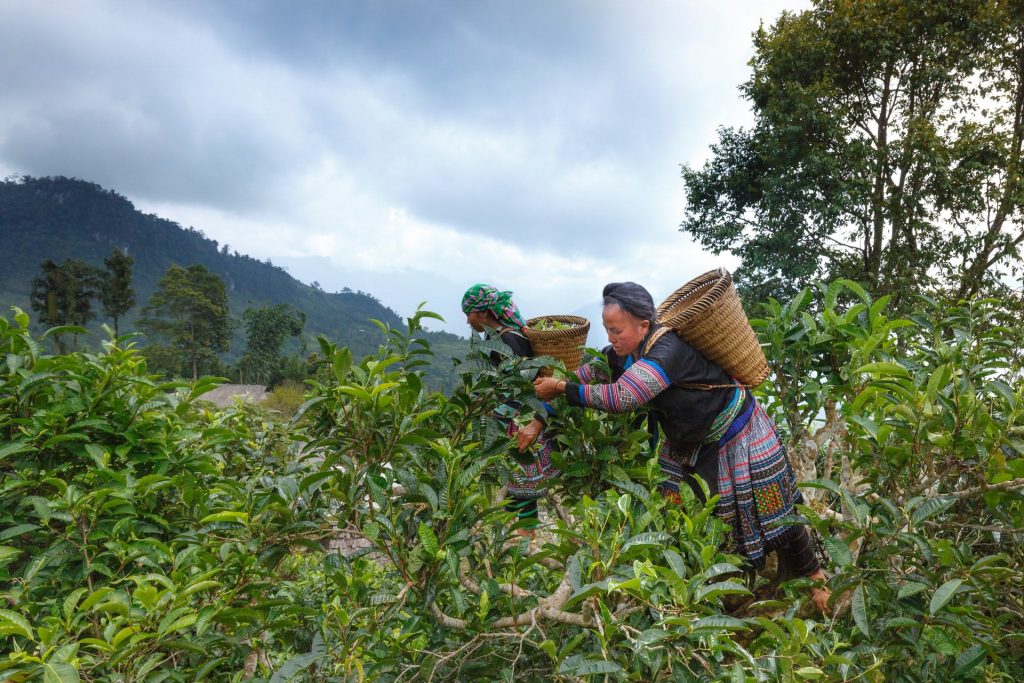This 12 months has demonstrated in stark phrases each our deep vulnerabilities and our interconnectedness, and that options the perverse influence of local climate change on these amongst us with out ample entry to nutritious meals.
as a outcomes of COVID-19, we uncover ourselves dealing with not solely the speedy threats to human life however additionally a sequence response of shocks which have unfold throughout the globe, collectively with rising ranges of meals insecurity — a development which will seemingly be exacerbated by the rising impacts of local climate change.
“subsequent 12 months’s UN meals methods Summit is subsequently well timed and fully very important,” Elizabeth Cousens, CEO and President of the UN basis, said at a Sept. 14 event co-hosted by the UN basis, the UN World meals Programme, Ethiopia, and the united kingdom.

The digital dialogue, “constructing local climate-optimistic and Resilient world meals methods,” which launched collectively a quantity of key leaders engaged on the vanguard of local climate change and agriculture, explored alternatives to be optimistic that that meals methods resilience is positioned on the center of the worldwide neighborhood’s efforts to “construct again larger.”
The current Sustainable development targets (SDGs) report has clearly illustrated that whereas there was some development, progress has stalled, and in some cases reversed, in very important areas like hunger and inequality — whilst a consequence of the impacts of local climate change proceed to develop and make it tougher to get again on monitor. The deployment at scale of progressive sustainable, nature-optimistic options will seemingly be important to close these gaps.
Famine has develop proper into a mannequin new and current world menace. larger than 1 / 4 of the world’s inhabitants was meals insecure in 2018, and new estimates advocate that the share is extra seemingly to double as a outcomes of influence of the well being disaster, a sobering actuality as we search to fulfill the SDGs over the following 10 years.
Dramatic shifts in our local climate are solely making issues worse. Even with the slowdown in financial actions tied to selections by governments throughout the globe to restrict the unfold of COVID-19, greenhouse gasoline ranges are at a file extreme and this 12 months is about to be the newest or second hottest on file.
That’s why the meals methods Summit, to be convened subsequent 12 months by the UN Secretary-regular, will seemingly be important to work together governments as effectively as to all stakeholders involved on the earth’s meals system, from producers to clients and rural farmers to distributors. “it goes to current us a unusual alternative to drive new political consideration to these important intersectional factors. And extra importantly, to mobilize new movement which will put our meals methods on the extra sustainable and resilient course on which all of us rely,” Cousens said.
it is an alternative we can not miss, particularly as governments and institutions plan their recoveries from COVID-19. will most seemingly be important to make investments that assist a greener, fairer, and extra resilient future as a consequence of we already know that meals methods are unable to ship for most seemingly the most weak as quickly as they’re dealing with such large shocks.
“My fear is that we don’t actually understand how extreme an concern we face right here,” Martin Frick, Deputy to the particular Envoy for the UN meals methods, warned on the event.

And whereas the World meals Programme has invested in early warning methods and climate-primarily based insurance coverage schemes to assist governments and companions larger predict hazards and take movement to attenuate local climate threats, it is not ample inside the face of rising local climate risks.
“we actually want concerted world and native movement to deal with meals insecurity inside the brief time period and eradicate hunger inside the prolonged time period, and this will’t be achieved with out sustainable and resilient meals methods,” said Valerie Guarnieri, Assistant authorities Director of the World meals Programme.
certainly, pressing movement is required at every diploma. On a neighborhood scale, governments should prioritize knowledge sharing, defend most seemingly the most weak, and current teaching on local climate-resilient practices, said Hellen Onyango, a quantity one cereal grain aggregator in Western Kenya.
Khalid Bomba, CEO of the Ethiopian Agricultural Transformation agency, underscored the should strengthen partnerships and put money into knowledge and knowledge methods on the nationwide diploma.
The worldwide neighborhood should additionally do extra to ship on the Paris settlement and defend meals methods collectively. At COP 26 subsequent 12 months, international places might have the menace to set larger local climate targets — and resilience should be on the core of this effort, said Nick Bridge, the united kingdom’s particular consultant for local climate Change.
To eradicate the threats posed by local climate change, we ought to always give consideration to 5 key areas: making sure entry to safe and nutritious meals, shifting to sustainable consumption, nature-optimistic manufacturing, supporting rural livelihoods, and constructing resilience.
we would want to reimagine the world’s agricultural system as nature-optimistic, a system that mustn’t be solely sustainable however that additionally might additionally heal and undo the harm of the earlier many years.
“that is potential,” said Mr. Frick, “however it certainly’s solely potential if we alter the paradigm of the whole system,” from soil erosion to carbon sequestration to finance. “as a consequence of in the end, it’s all interconnected and it ought to all be understood as one coordinated effort.”

